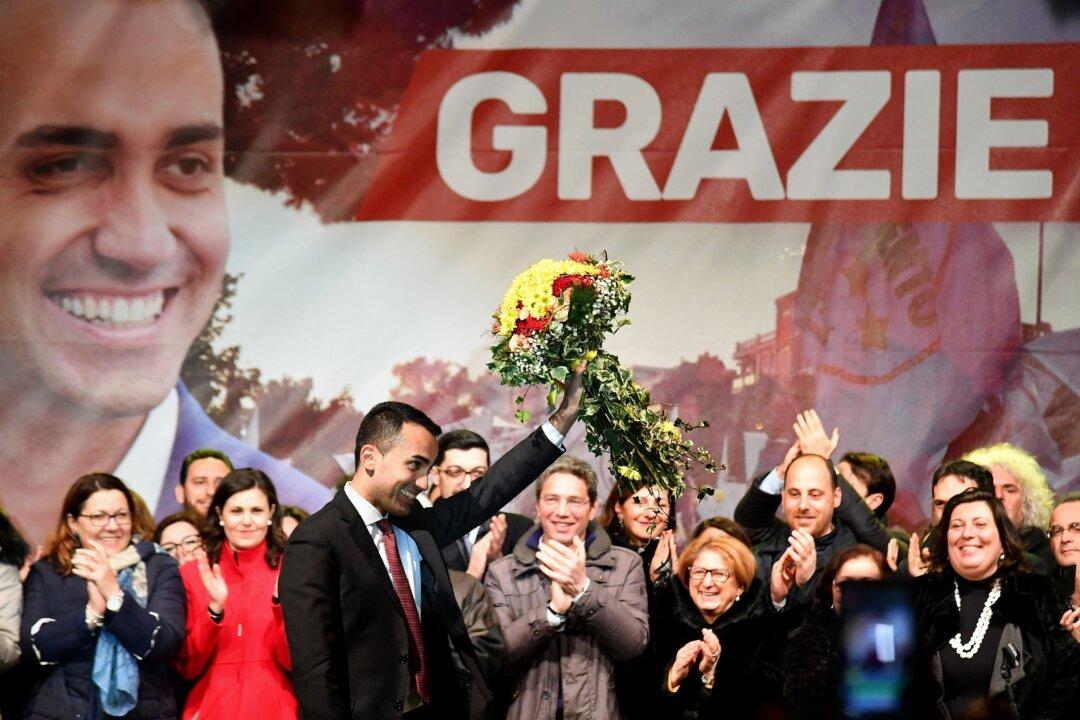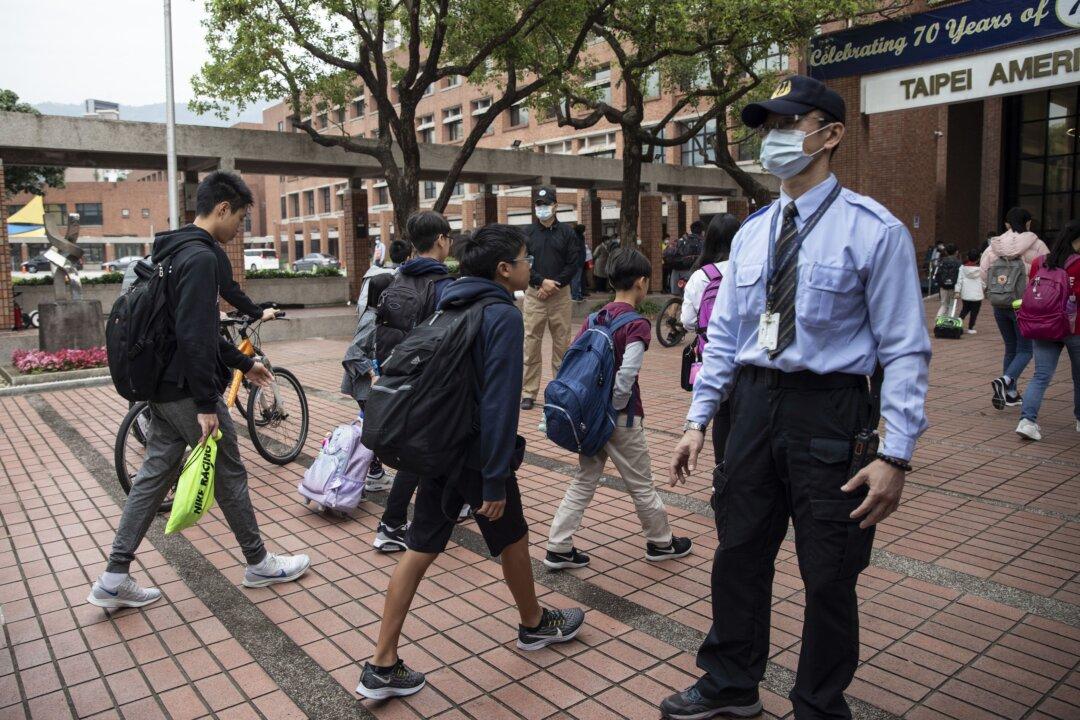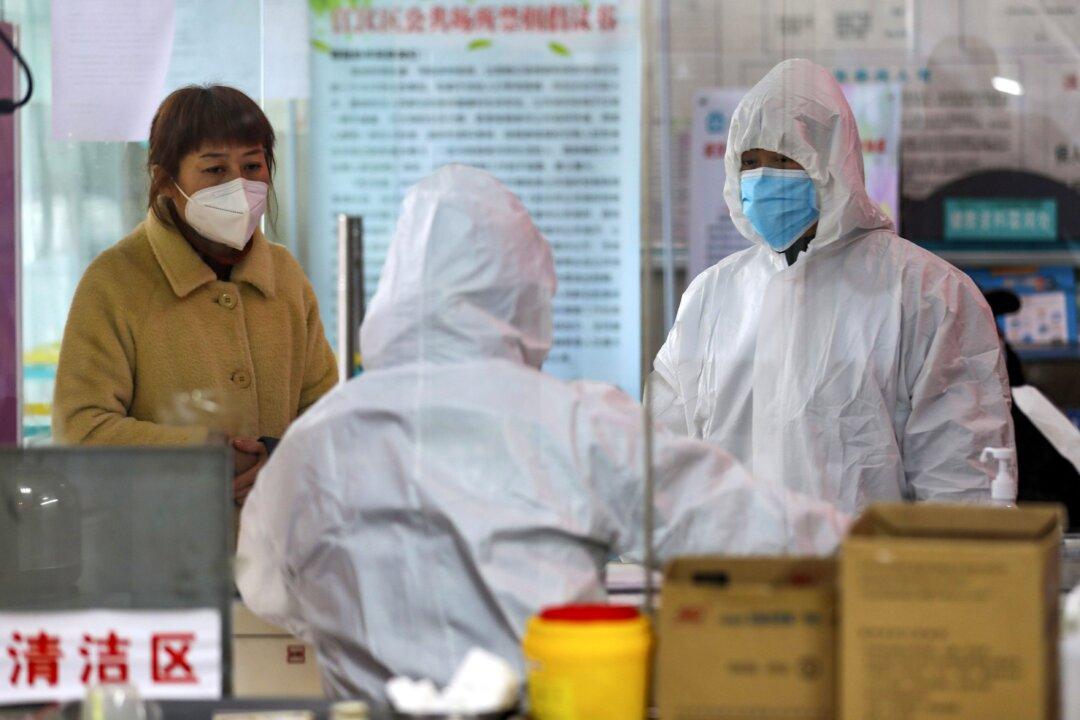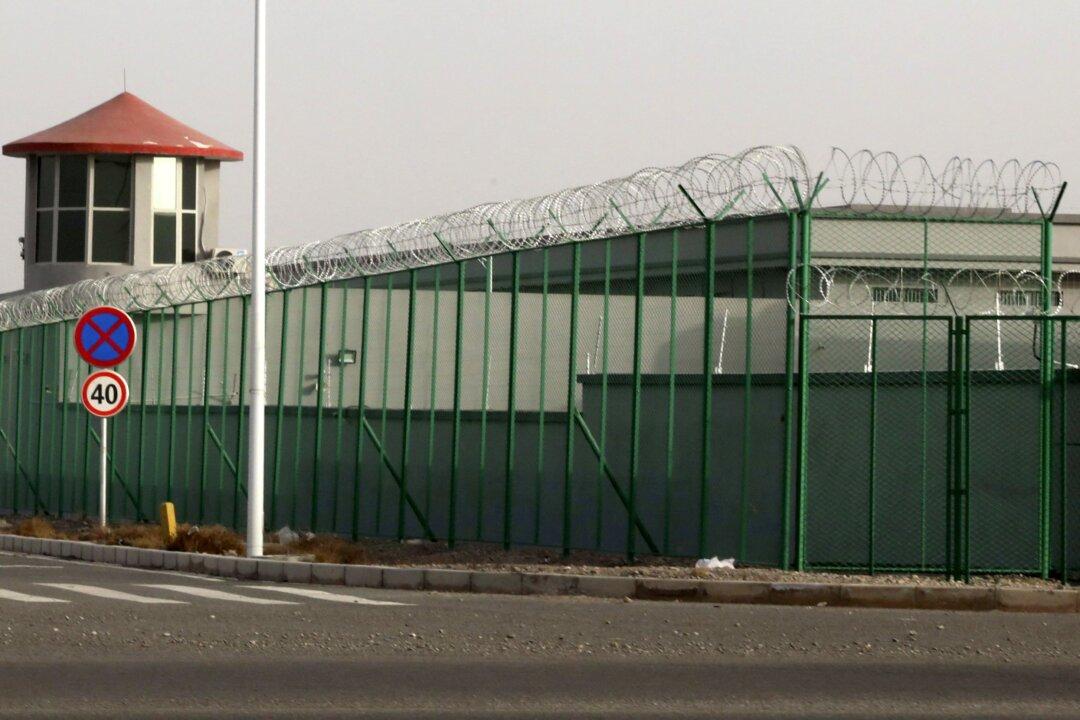On June 1, a populist government took over in Rome, capping a political drama that sent European financial markets into turmoil as the future of the euro region was again thrown into doubt.
The anti-corruption Five Star Movement (M5S) and the League took power in a coalition, ending 88 days of political deadlock. Giuseppe Conte, a law professor with no political experience, was sworn in as prime minister along with his cabinet.





